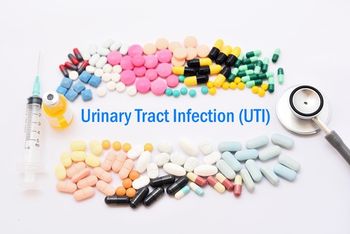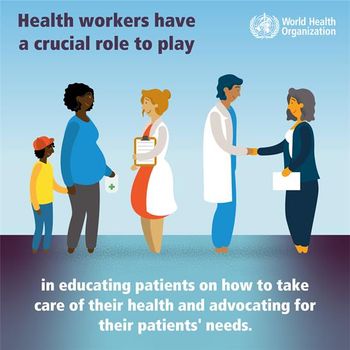
Here is a look at infectious disease related US Food and Drug Administration news from the week of April 7, 2019.

Here is a look at infectious disease related US Food and Drug Administration news from the week of April 7, 2019.

We’ve rounded up a list of important US Food and Drug Administration (FDA) and US Department of Agriculture (USDA) recalls from this past week.

Investigators from the University of Sherbrooke found some bacterial strains of C diff are likely associated with mortality in C diff infection, specifically, NAP1/BI/R027.

An 18-year retrospective cohort study of 130 hospitals in the US Veterans Health Administration system revealed a significant reduction in cases of hospital-onset candidemia. But what caused the drop?

A new study has uncovered that only one-third of patients who present to the emergency department with suspected UTI have evidence of infection, yet the majority receive antibiotics.

MDROs were detected in 334 (22%) curtain cultures from 6 skilled nursing facilities in southeast Michigan.

Stay up-to-date on the latest infectious disease news by checking out our top 5 articles of the week.

Subcutaneous implants are 1 promising strategy to address suboptimal adherence to pre-exposure prophylaxis (PrEP) for HIV, and a recent in silico simulation examined pharmacokinetic profiles and safety of tenofovir alafenamide implants.

A new study showed no statistically significant reduction in clinical cultures between chlorhexidine bathing and routine care.

With the proper use of antiretroviral therapy and pre-exposure prophylaxis, the risk of HIV transmission has never been lower. So why do some practitioners hesitate to endorse condomless sex?

Physicians with higher than average antibiotic prescription rates tended to be more cautious after being shown how their prescribing habits compared with those of colleagues.

Ebola virus survivors experience ongoing symptoms following infection, and a new study tracks how those patients compare in health with close contacts who weren’t infected.

In May 2017, a case of hepatitis A was detected in a Salt Lake County hospital. Over the next 20 months, Utah health officials worked to address what ended up being the largest hepatitis A outbreak in the state’s history.

Contagion® caught up with Christian Lillis, executive director of the Peggy Lillis Foundation, to hear about the organization’s recent efforts, what obstacles it’s facing, and how providers can help.

New York Times coverage of the problematic “superbug” generates quite a response.

Delafloxacin was comparable to vancomycin/aztreonam in eliminating MRSA at 98.1% versus 98.0%, respectively, at follow-up in 2 pooled phase 3 studies.

Although the rate of outpatient antibiotic prescriptions is down overall, a new study highlights how the United States may be falling short of meeting antibiotic stewardship goals.

Investigators sampled 6 ball pits in physical therapy clinics throughout Georgia to determine the level of microbial colonization.

Among gay and bisexual men, receipt of PrEP at study enrollment was linked with an increased incidence of STIs, but 25% of participants accounted for 76% of all STIs.

Dolutegravir/lamivudine (Dovato) becomes the first 2-drug, fixed-dose complete treatment for treatment-naive patients with HIV.

Investigators used computer algorithms to predict primate species likely to be positive for Zika virus in Central and South America.

Following years of research and development, NIAID scientists have begun enrolling participants in the first human trial of a universal flu vaccine candidate.

Here is a look at infectious disease related US Food and Drug Administration news from the week of March 31, 2019.

We’ve rounded up a list of important US Food and Drug Administration (FDA) and US Department of Agriculture (USDA) recalls from this past week.

Stay up-to-date on the latest infectious disease news by checking out our top 5 articles of the week.

Health officials are currently unaware of the source of a Shiga-toxin producing E coli O103 outbreak that has sickened 72 individuals across 5 states.

Contagion® caught up with William Schaffner, MD, medical director of the National Foundation for Infectious Diseases, to discuss the highlights from this week’s NFID Annual Conference on Vaccinology Research.

Contagion® is reflecting on the advancements in treatment and prevention that have been made in infectious diseases while identifying areas that need further improvement to reduce preventable deaths globally.

Although preventing the transmission of HIV from mother to baby is of paramount importance, we cannot overlook other health issues that may crop up later in life for children born to women with HIV.

An intradermal Ebola vaccine candidate shows promise as a safe, temperature-stable, and effective option for preventing outbreaks, new data show.